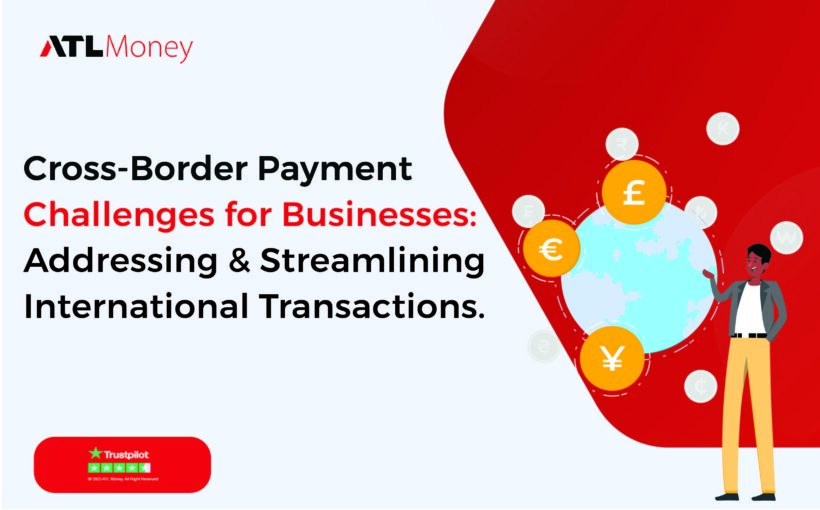In today’s interconnected global economy, businesses face various challenges when making cross-border payments. These challenges can include complex regulatory requirements, high fees, foreign exchange fluctuations, and processing delays. However, by understanding and addressing these difficulties, businesses can streamline their cross-border transactions.
Our aim in this blog post is to discuss the common challenges businesses face when making international payments as well as provide solutions for overcoming these challenges.
1. Complex Regulatory and Compliance Requirements:
One of the major challenges for businesses in cross-border payments is navigating the complex regulatory and compliance landscape. Each country has its own rules and regulations regarding international transactions, including anti-money laundering (AML) and know-your-customer (KYC) requirements. This compliance can require a great deal of time and resources.
Solution: Businesses should partner with experienced payment service providers that have a strong understanding of international regulations and compliance requirements. These providers can guide businesses through the necessary processes and assist in meeting regulatory obligations efficiently.
2. High Transaction Fees and Hidden Charges:
Traditional banking channels often impose high fees and hidden charges on cross-border transactions, cutting into businesses’ profits. These fees can range from currency conversion fees to intermediary bank fees, correspondent bank charges, and beneficiary bank fees. Such costs can add up significantly and negatively impact a business’s financial performance.
Solution: Utilizing alternative payment methods and fintech solutions can help mitigate high transaction fees. Online payment platforms and specialized cross-border payment providers, like ATLMoney, offer competitive rates, transparent fee structures, and cost-effective transfer options.
3. Foreign Exchange Rate Fluctuations:
Businesses that engage in international trade must also grapple with foreign exchange rate fluctuations. Exchange rate volatility can create uncertainty and affect the final amount received by the business or its partners during currency conversions.
Solution: Implementing hedging strategies, such as forward contracts or options, can help mitigate the risks associated with currency fluctuations. These instruments allow businesses to lock in exchange rates in advance, providing greater certainty and protection against adverse market movements.
4. Lengthy Processing and Settlement Times:
Some international payment systems can be slow and inefficient, resulting in lengthy processing and settlement times. Delays in payments can disrupt cash flow and impact business operations, especially when there are urgent obligations or time-sensitive transactions.
Solution: Leveraging modern payment technologies can significantly improve the speed and efficiency of cross-border transactions. Payment service providers that utilize advanced infrastructure, automated systems, and real-time settlement capabilities, such as ATLMoney, can accelerate processing times and enable businesses to receive funds more quickly.
5. Lack of Transparency and Trackability:
Maintaining visibility and tracking the progress of cross-border payments can be challenging for businesses. Limited transparency in the payment process can lead to confusion and make reconciliation difficult.
Solution: Opting for payment providers with robust tracking and reporting capabilities can enhance transparency and streamline the payment process. These providers offer real-time updates, notifications, and detailed transaction records, ensuring businesses have complete visibility and control over their cross-border payments.
While cross-border payment challenges can pose significant obstacles for businesses, implementing the right solutions can streamline international transactions and facilitate global business operations. By partnering with knowledgeable payment service providers like ATLMoney, businesses can address complex regulatory requirements, mitigate high fees, manage foreign exchange rate risks, reduce processing times, and improve transparency.
By overcoming these challenges, businesses can successfully navigate the cross-border payment landscape and focus on expanding their global reach.
